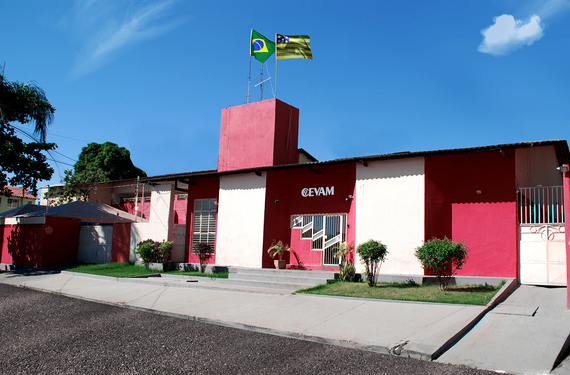When I was young my parents used to tell me not to accept candies from strangers in the street, and never say I was alone at home when someone I did not know called on the landline phone. I remember we had emergency numbers glued on the fridge, so that my brother and I could memorize them and use them in case of need.
Violence mostly happens between the walls of the house. According to UN Women statistics, the United Nations agency specialized in women' issues, 35 percent of women worldwide have experienced either physical and/or sexual intimate partner violence or non-partner sexual violence. However, some national studies show that up to 70 % of women have experienced physical and/or sexual violence in their lifetime from an intimate partner.
The most effective tool is represented by national legislations and implementation of national laws and programs aimed at reducing domestic violence and increasing punishments for those who practice violence and sexual abuse towards women. The Brazilian Federal Law 11340 called Maria da Penha, as a tribute to a woman whose ex-husband attempted to murder her twice, causing her to become paraplegic, was put into practice on 22 September 2006, and it is considered by the United Nations one of the most well-written national laws defending human rights and ensuring the protection and security of women in their households. The implementation of national laws against domestic violence often sees resistance of a patriarchal society which considers domestic violence a minor crime and which remains unpunished.
In Goiânia, the capital state of Goiás in Brazil, I got to know Cevam, a center for the valorization of women working since 1981 as a non-for profit organization to receive and take care of women and girls children victims of domestic violence, rape and sexual abuse. Meeting with Dolly, the executive secretary of the association, she guided me through the regional statistics of rape and corporal injuries registered between 2013 and 2014: increase of 91,8 % in the number of crimes practiced against women in the state of Goiás. In 2013, 9.028 cases of aggression against women were registered (138 crimes for a group of 100.000 population) In 2014, 17.319 cases registered (266 cases for a group of 100.000 population). In 2014, a total of 10.053 women were beaten in the state of Goiás. The present Secretariat of women in the municipality, result of years of efforts of Cevam and feminist movements of the 1980ies, can improve in terms of practical spaces for the protection of women and operations within the city and the neighboring cities. According to Cevam studies, rape of children and domestic corporal injuries of women are the main reasons for women to speak up and reach out for help. However, many cases still go unreported and women fail to ask for help because of fear of family retaliation, dishonor, public shame and protection of children.
Cevam's work focuses on promoting conferences, advancing women studies, writing of articles for press and media, preparation of interviews for radio and TV and finding ways to engage with the population of Goiânia to sensitize about the theme of domestic violence thus opening doors to speak up and denounce violence and discrimination against women, girls children and youth. At present the center hosts 45 between women and girls victims of violence, where it tirelessly works to ensure a healthy, safe and secure space for the reconstruction of the lives of women and girls. With a security system within the centre, Cevam personnel tries to engage women in the re-integration in society without feeling hidden and insecure. Women and girls participate in cultural activities, they can go out and re-gain the strength lost by violence and aggression. Cevam works with donations, public engagement and fundraising activities by both selling and receiving food, clothes, shoes and any other material goods that can be used by the women of the center.
Awareness campaigns, along with preparation of marketing materials, training courses and an operational system of word-of-mouth and social media spreading are essential to raise awareness of violence and to engage society in the fight against violence and abuses, involving all sectors-public, private and civil society, encouraging government and municipalities to create safe public spaces for women in the area of public security, social assistance, education, health, work and home.
One point that Dolly made concerned the education and the empowerment of the aggressor. Rehabilitation processes can be a viable way to educate and dig into the roots of the problem, to find solutions and to understand violent behaviors that can be the result of traumatic life experiences. "If we are able to educate the aggressor and engage men in the talks against violence against women we can create a healthier and more positive society based on trust, safety and security". The role of governments and effective public policies directed to women' physical and psychological integrity must be of paramount importance to ensure the respect of human rights of both men and women, created equal thus both benefiting and responsible of and for the same rights and duties before the law.
As Brazilian novelist João Guimarães Rosa was quoted by Dolly "O correr da vida embrulha tudo, a vida é assim: esquenta e esfria, aperta e daí afrouxa, sossega e depois desinquieta. O que ela quer da gente é coragem"- "The race of life wraps everything up, this is life: it heats up and it gets chilly, it tightens and then loosens, it gets quieter and then it becomes restless. What she wants from us is the courage to go on".
The fight never ends. And the Brazilian Hope will win for women.
@GaiaParadiso from Goiânia

